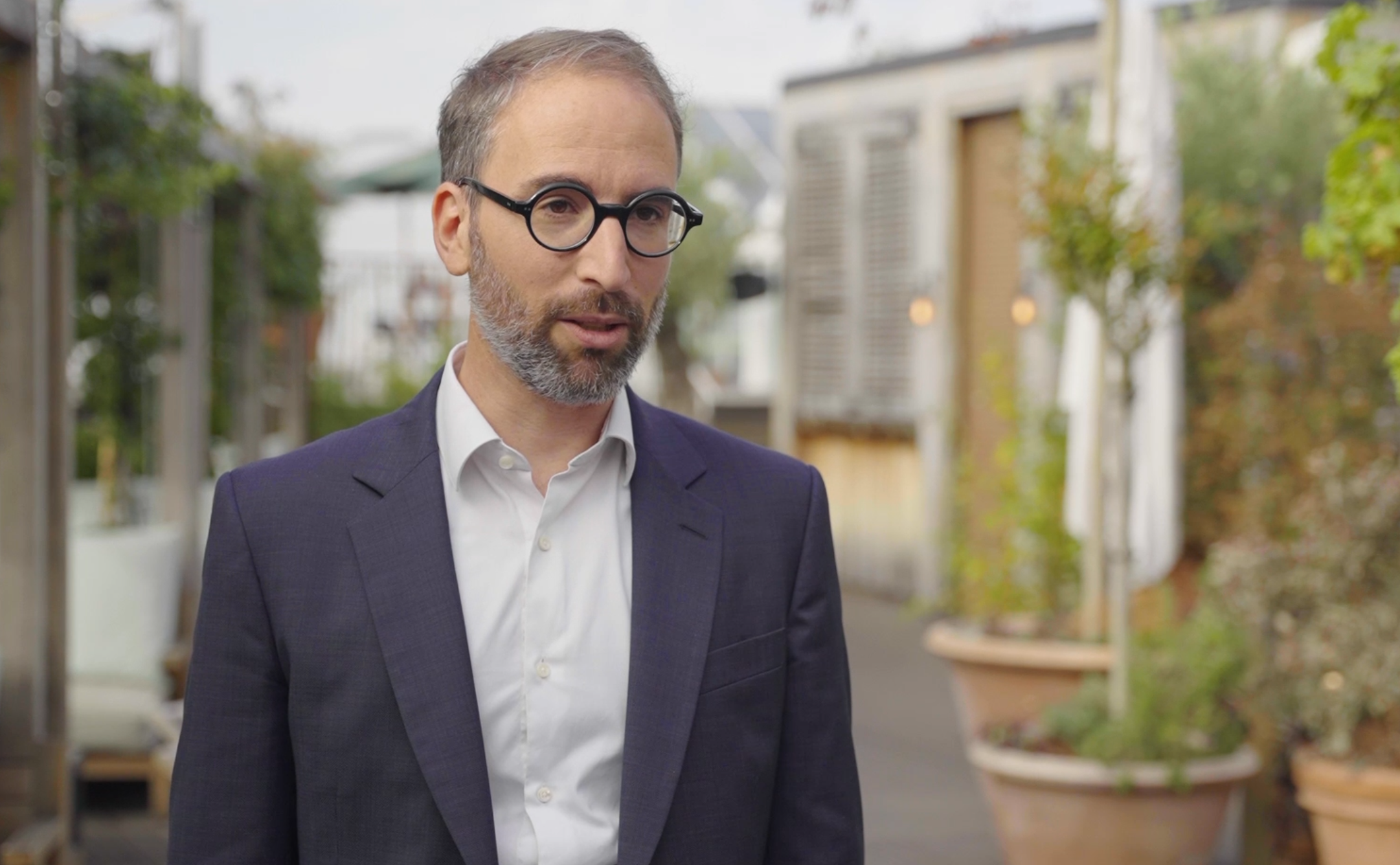Committed to the environmental transition
Earlier in October, we announced a major evolution to our Better Places plan, including ambitious new net-zero targets, that accelerate our strategy to power urban regeneration and the sustainable transition of cities, as well as the sustainable transformation of retail.
Better Places comprises three core pillars. The first, Environmental Transition, outlines our science-based net-zero targets: achieving net-zero by 2030 across Scopes 1 & 2, and net-zero across all scopes by 2050, covering our entire value chain including Scope 3*.
These targets have been approved by the Science Based Targets initiative (SBTi) and are aligned with the UN’s Intergovernmental Panel on Climate Change (IPCC) scientific consensus.
Our Environmental Transition commitment also details how we will continue to operate an efficient and resilient portfolio that minimises negative impact on the environment.
Through building-retrofit projects and new opportunities in renewable electricity production and EV charging, the Group will be able to generate additional avoided emissions. We are also working with retailers to help them reduce their energy consumption, while developing a comprehensive mobility action plan ensuring our destinations are well connected to public transport and have the infrastructure to support electric mobility.
In addition, to help protect shared natural resources, our Environmental Transition pillar also outlines new commitments around biodiversity, water and waste – all designed to make our destinations active agents of urban regeneration and the environmental transition of cities.
📺 Watch Clement Jeanin and Bruno Donjon de Saint-Martin explain how URW is supporting the environmental transition of cities.

Better Places comprises three core pillars. The first, Environmental Transition, outlines our science-based net-zero targets: achieving net-zero by 2030 across Scopes 1 & 2, and net-zero across all scopes by 2050, covering our entire value chain including Scope 3*.
These targets have been approved by the Science Based Targets initiative (SBTi) and are aligned with the UN’s Intergovernmental Panel on Climate Change (IPCC) scientific consensus.
Our Environmental Transition commitment also details how we will continue to operate an efficient and resilient portfolio that minimises negative impact on the environment.
Through building-retrofit projects and new opportunities in renewable electricity production and EV charging, the Group will be able to generate additional avoided emissions. We are also working with retailers to help them reduce their energy consumption, while developing a comprehensive mobility action plan ensuring our destinations are well connected to public transport and have the infrastructure to support electric mobility.
In addition, to help protect shared natural resources, our Environmental Transition pillar also outlines new commitments around biodiversity, water and waste – all designed to make our destinations active agents of urban regeneration and the environmental transition of cities.
📺 Watch Clement Jeanin and Bruno Donjon de Saint-Martin explain how URW is supporting the environmental transition of cities.

* Scope 1 – Direct emissions; Scope 2 – Indirect emissions, owned; Scope 3 – Indirect emissions not owned, such as emission related to visitor transportation.




